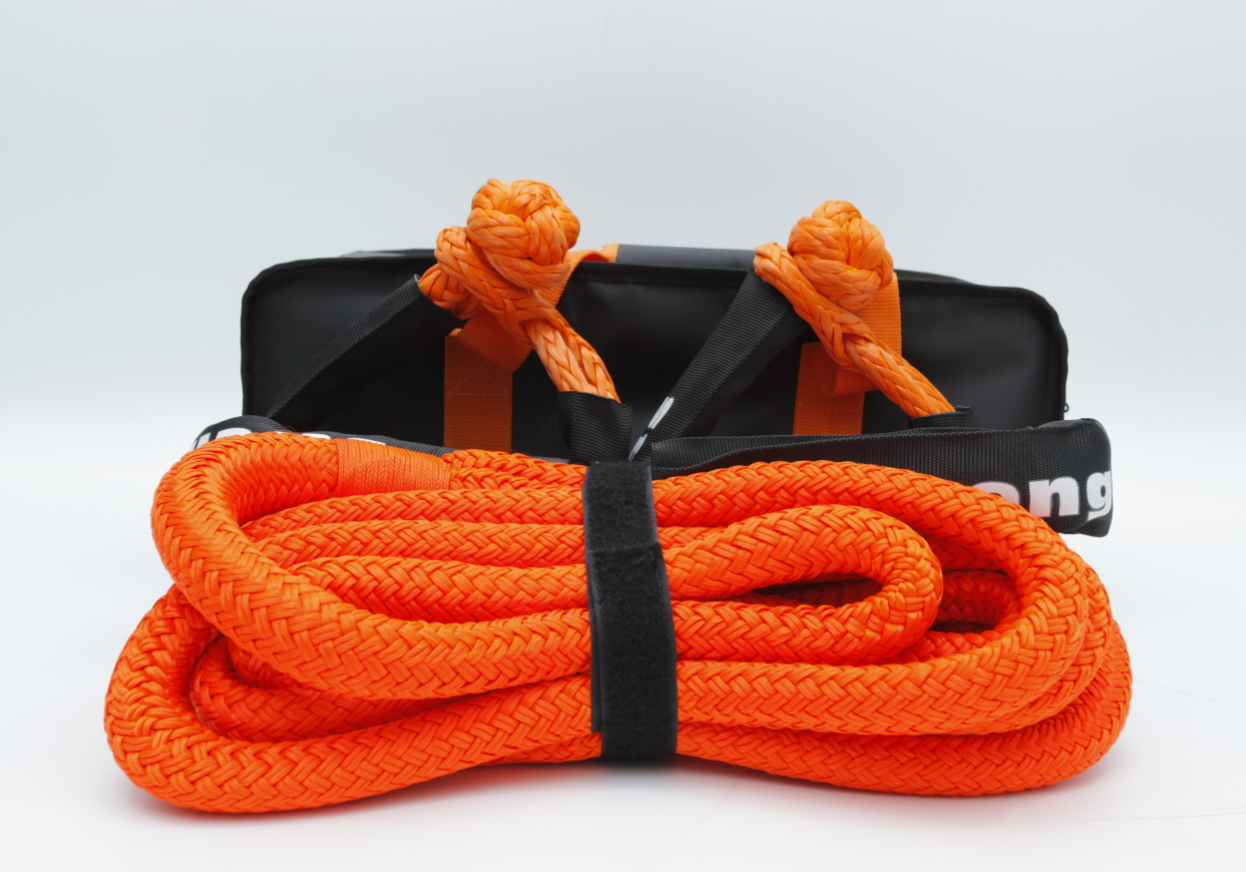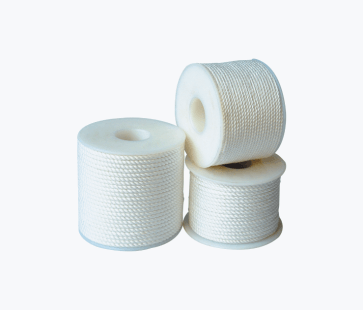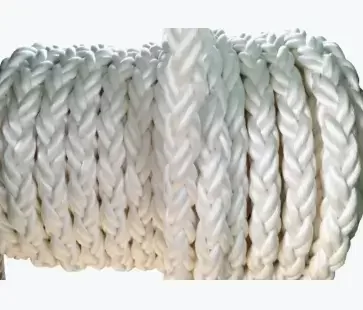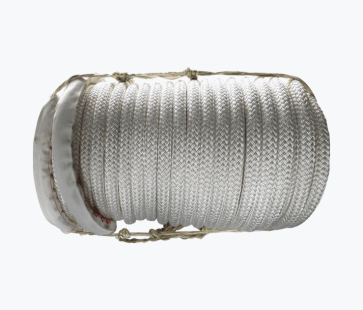Because of its excellent wear resistance, corrosion resistance, high strength abrasion resistance, and mildew resistance, nylon rope is suitable for agriculture, mining, aviation, marine, boat, engineering, heavy-duty, and other fields. It is widely used in animal husbandry, fishery, tourism, outdoor activities, etc. Various fields such as the fixing of devices and objects and marine cables. The high quality nylon ropes we sell are made from high-quality synthetic fibers, have a long lifespan, and are very reliable.

How Strong is Nylon Rope
The strength of a nylon rope can be measured by its breaking strength, which represents the maximum load the rope can withstand before breaking. This value is usually expressed in Newtons (N), kilonewtons (kN), or pounds of force (lbs).
To better understand and compare these values, a nylon rope strength chart can be extremely helpful. It typically lists various diameters of nylon ropes along with their corresponding breaking strengths. For example, a standard nylon rope with a diameter of 10 mm has an average breaking strength of approximately 2,000 to 3,500 kilonewtons (kN), which translates into approximately 4,500 to 7,870 pounds of force. However, these values will vary depending on the manufacturer, the specific construction of the rope (such as how it is braided, whether it has a core, etc.), and other factors.
For safety reasons, the safety factor should also be considered when using nylon ropes, that is, the actual strength should be much lower than the maximum breaking strength of the rope. This is because factors such as friction, ultraviolet exposure, chemical corrosion, etc. may affect the actual strength of the rope during daily use.
Therefore, when evaluating the strength of a nylon rope and whether it is suitable for a specific purpose, it is important to know the specific breaking strength value, while also taking into account the impact of the environment and conditions on the performance of the rope. When purchasing nylon rope, consulting the manufacturer for detailed product specifications and recommended usage scenarios, as well as referring to a nylon rope strength chart, is best.
Nylon vs Polypropylene Rope
Nylon ropes have excellent strength and stretch properties and are often used where shock absorption is required, such as mooring lines or climbing ropes. Its ability to withstand intense pressure and return to its original length is unparalleled. Additionally, nylon’s resistance to UV damage, chemicals, and abrasion makes it a durable choice for outdoor and marine applications.
In contrast, polypropylene rope, while lighter and cheaper, lacks the tensile strength and elasticity of nylon. It floats in the water and is suitable for certain marine activities, but is more susceptible to UV damage and wear and tear. Polypropylene rope is often selected for temporary applications where buoyancy and cost-effectiveness are prioritized over durability and high strength.
In summary, the choice between nylon and polypropylene rope depends on the specific requirements of the task at hand. Premium nylon ropes are strong and resilient, making it ideal for demanding applications where high strength and durability are critical. Polypropylene rope, on the other hand, offers a cost-effective solution for less stringent temporary needs, especially where flotation capabilities are advantageous.

thispower
Let's start working together now!
Years of professional OEM experience to meet customised needs. Fill in the enquiry form to cooperate with us and enjoy high quality service.




